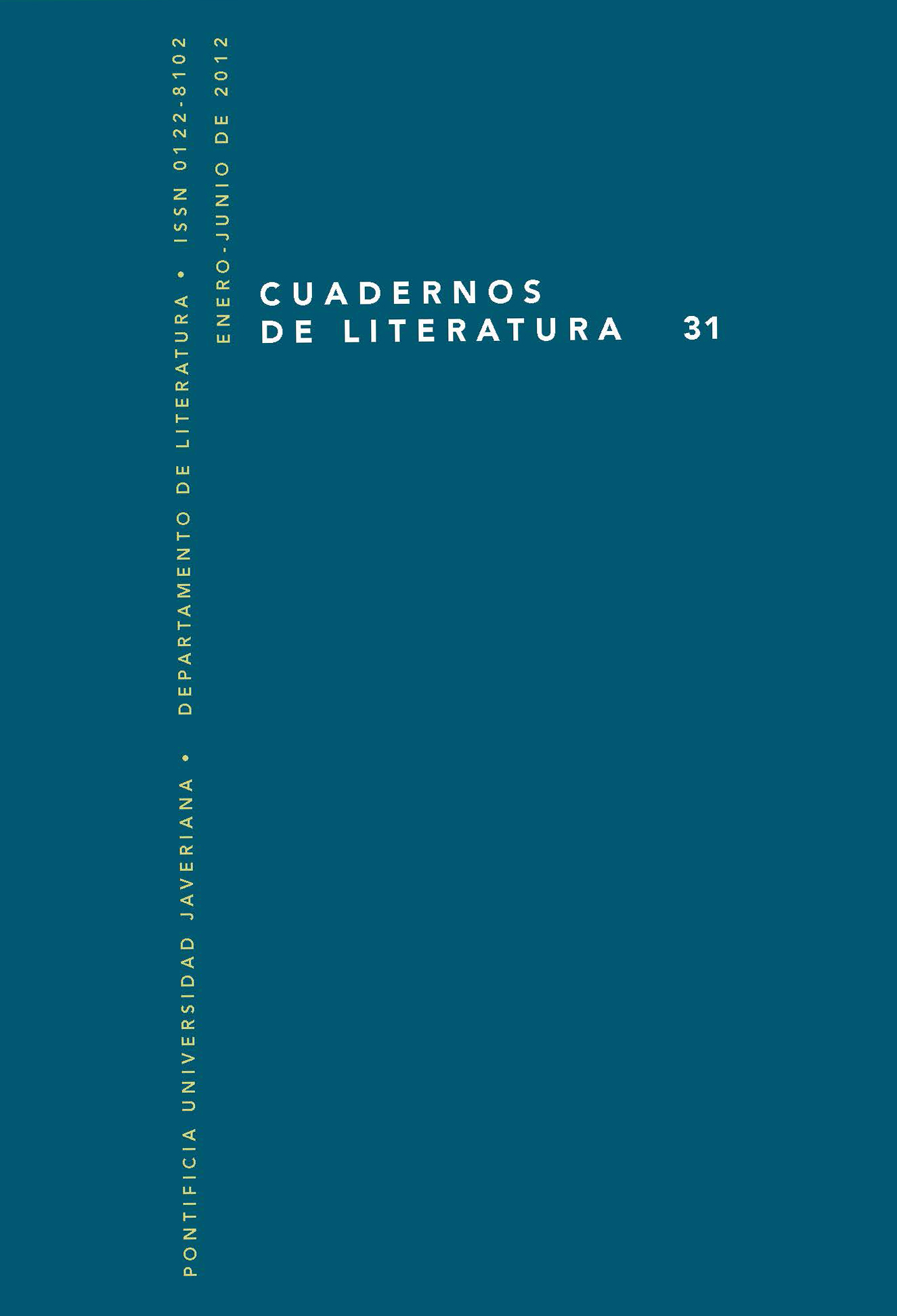Abstract
La novela de Teresa Dovalpage Posesas de La Habana (2004), constituye una pieza representativa de su obra, por cuanto exhibe el surgimiento en la nación cubana de un nuevo imaginario post-soviético. Luego de revisar las superposiciones e identificaciones entre el cuerpo nacional, la historia y las cuatro mujeres protagonistas del relato, el argumento principal del artículo se concentra en demostrar la tesis de que a través del habla vulgar de Beiya –la menor de las cuatro cubanas– se facilita tanto nuestra asistencia a la constatación de los valores desmoronados de esta nueva Cuba, como a una exposición del papel que las mujeres juegan en ella. El manejo de ese vocabulario deformado al interior del espacio doméstico será la piedra de toque que devele una nación invisible en los medios de difusión y la prensa al servicio del poder estatal.Cuadernos de Literatura is registered under a Creative Commons Attribution 4.0 International Public License. Thus, this work may be reproduced, distributed, and publicly shared in digital format, as long as the names of the authors and Pontificia Universidad Javeriana are acknowledged. Others are allowed to quote, adapt, transform, auto-archive, republish, and create based on this material, for any purpose (even commercial ones), provided the authorship is duly acknowledged, a link to the original work is provided, and it is specified if changes have been made. Pontificia Universidad Javeriana does not hold the rights of published works and the authors are solely responsible for the contents of their works; they keep the moral, intellectual, privacy, and publicity rights.
Approving the intervention of the work (review, copy-editing, translation, layout) and the following outreach, are granted through an use license and not through an assignment of rights. This means the journal and Pontificia Universidad Javeriana cannot be held responsible for any ethical malpractice by the authors. As a consequence of the protection granted by the use license, the journal is not required to publish recantations or modify information already published, unless the errata stems from the editorial management process. Publishing contents in this journal does not generate royalties for contributors.


